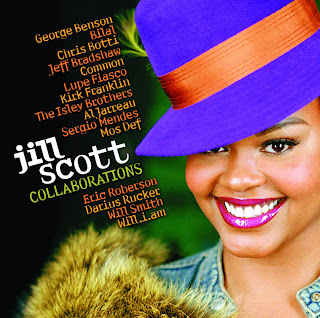

We had to own our own studios, produce our own records, deliver stock to key record shops, and radio stations by hand from the back of our cars.” “Back in the day, the only way we could survive long term was by ensuring our production costs were low.
“None of us independent labels could compete with the muscle of a major label in our territory, especially when they had such brilliant artists,” says Agbetu. The label became one of the main homes for UK street soul alongside tiny self-run labels Soultown, Jam Today, and TSR (Top Secret Recordings) home to Special Touch’s rarity Garden of Life. The group’s LP Just A Little More was released on Intrigue Records, which Agbetu established as a subsidiary of Unyque. Springer had a background in Lover’s Rock, the UK’s soulful reggae variant that had a close connection to UK street soul through the sweetness of its sound and the small labels that supported the music. Under his Master Tee alias, Agbetu produced Rosaline Joyce’s LP Lovers Soul, before forming one of UK street soul’s most lauded groups: Deluxe, with singer Delores Springer. “This was significant: They were not a funk band, they were Britain’s first major soul-jazz band.” With its sparse TR808 beats influenced by Jam & Lewis, heavy bassline and sublime vocals, the group’s “ Hanging on a String” sketched a uniquely UK blueprint for many producer-artists to build on.”

“ Loose Ends was a highly visible, immaculately presented, slickly produced, all-African-heritage group that did not compromise on their musical roots,” says Agbetu. The roots of the UK street soul sound can be traced back to one group in particular. “The UK street soul that followed was distinctly British-its sound emerged from bedroom studios in the mid-to-late ‘80s, not from expensive productions on major record labels, but tracks recorded with minuscule budgets by independent, often artist-owned labels.” “Many of the UK’s first underground soul records came from groups produced on small dance labels, like Elite Records who started with Atmosfear,” he says. counterparts, but we also had our own distinct identity,” Agbetu says.įor Agbetu, this first wave of UK dance music in the late ‘70s and early ‘80s was the foundation of the UK street soul movement. “As a musical movement, our history was linked to our U.S. While UK street soul owes a debt to Jam & Lewis, it was Brit Funk bands like Freeez, Atmosfear, and 52nd Street that proved to him that the UK could make their own brand of homegrown dance music. “ had the words ‘Produced by Jimmy Jam and Terry Lewis’ printed on them,” he recalls. A former computer programmer, Agbetu got the producer bug after seeing the same two names pop up on the U.S. Run an internet search for Agbetu-or Master Tee, one of his many production monikers-and you will be led to a trove of UK street soul classics. Pre-order buy pre-order buy you own this wishlist in wishlist go to album go to track go to album go to track Joy Orbison featured “Heartbreaker” by Toyin Agbetu on his edition of the Dekmantel Selectors series, and Toronto’s Invisible City Editions recently released the collection Street Soul, featuring tracks from the two LPs Agbetu and Earl Myers released under the name Soul Connection in 19. Though original LPs fetch upwards of $100, the last several years have seen an increase in the number of labels re-pressing and re-issuing street soul classics for a new audience. Well away from the media spotlight, the homegrown scene gestated on a number of small regional labels, amassing a devoted underground following. That sound was street soul-and as the history of club culture has been written over the years, it still remains unjustly overlooked.ĭefined by its raw, minimal, hip-hop inspired drum-machine rhythms, reggae-influenced bass, and ‘80s synth riffs topped with sweet, soaring vocals, UK street soul was born from the clubs, blues parties, and pirate radio. But at the same time, another, more DIY sound was rising out of the Black inner city neighborhoods. In the late ‘80s and early ‘90s, the UK was in thrall to the searing sounds of Acid House.


 0 kommentar(er)
0 kommentar(er)
